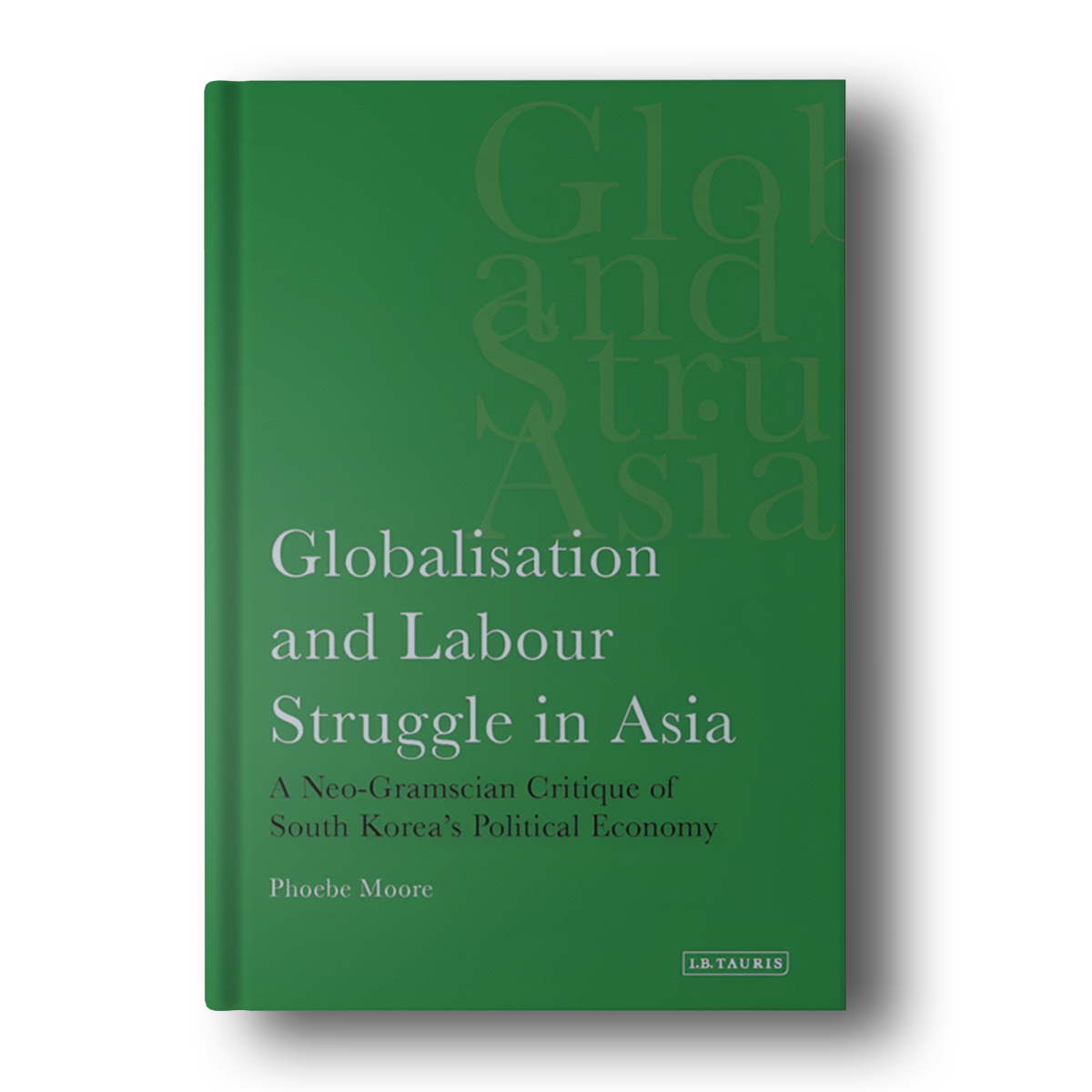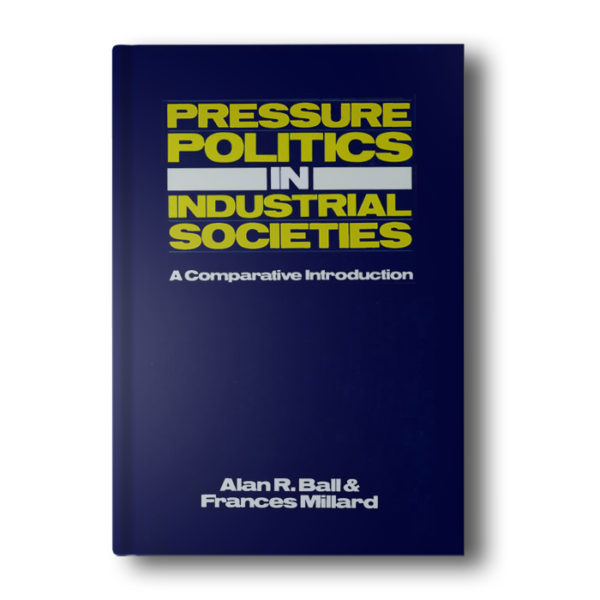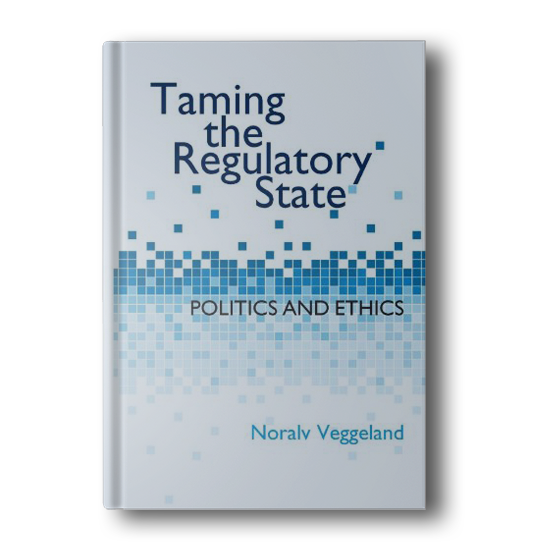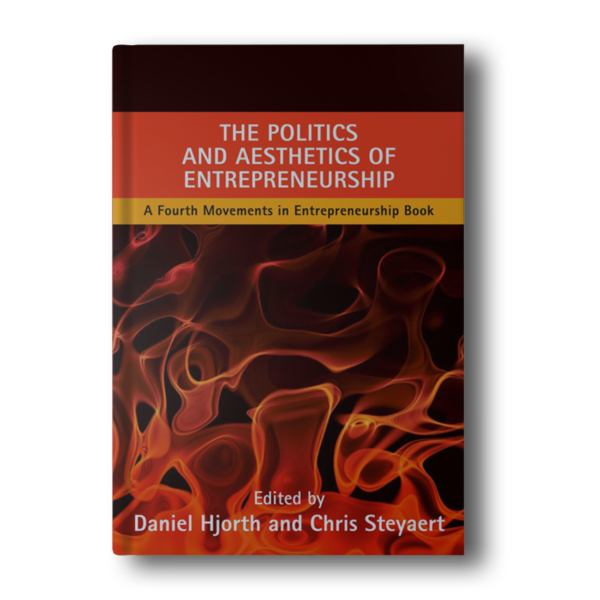How has South Korea’s development influenced and been influenced by world events? The neo-Gramscian school theorises that world history reveals specific periods of hegemonic stability such as during the post World War II period of Pax Americana, but this new account of Korean development demonstrates that this speculation cannot be fully justified.
Through making creative links between forms of state, education programmes, labour relations and the global climate throughout a series of ‘historical blocs’ such as the period of Japanese colonisation, Phoebe Moore covers the story of South Korean development.
She observes that all economic development in South Korea has been carried out through passive revolution driven by elite, frequently supported by external forces, against the will of a large part of the population, namely the working classes.
In this original contribution Moore’s critical International Political Economy approach sheds light on one of the fastest growing Asian economies and the 11th largest economy in the world. In doing so, she looks at the relationship between socio-economic change, passive revolution and its impact on the popular hegemony thesis.


![Global Civil Society 2011: Globality and the Absence of Justice [Paperback]](https://booksandbook.com/wp-content/uploads/2023/11/Global-Civil-Society-2011-Globality-and-the-Absence-of-Justice-Paperback-600x600.png)
![Golden Harvest: Events at the Periphery of the Holocaust - 1st Edition [Hardcover]](https://booksandbook.com/wp-content/uploads/2023/11/Golden-Harvest-Events-at-the-Periphery-of-the-Holocaust-1st-Edition-Hardcover-600x600.png)











Reviews
There are no reviews yet.